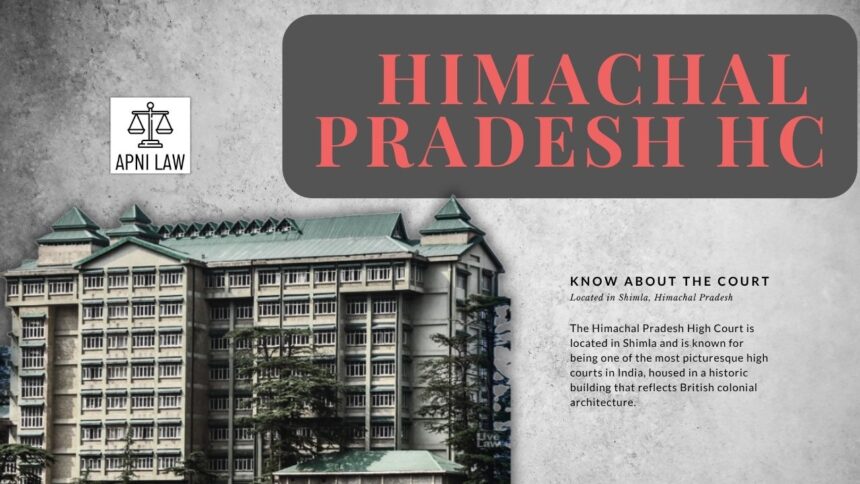Introduction
In Kamla Devi vs. State of Himachal Pradesh & Ors. (LPA No. 330 of 2025), the Himachal Pradesh High Court held that family pension of a deceased employee can be equally shared between his first and second wife through a voluntary compromise. Chief Justice G. S. Sandhawalia and Justice Ranjan Sharma presided over the Division Bench. The case clarifies how pension laws interact with multiple marriages when both wives agree to settle.
Facts of the Case
Sohan Lal worked as an Assistant Sub-Inspector for the Police Department. He retired, then died on 2 March 2023. His first marriage was to Kamla Devi on 6 December 1970. They had a daughter, born 19 April 1976. Later, Kamla Devi and Sohan Lal separated. Sohan Lal then married Gaitri Devi on 2 February 1979. They had four children.
After Sohan Lal’s death the Accountant General sanctioned the family pension in favour of Gaitri Devi. The pension documents listed her as wife in the service records. Kamla Devi filed a writ petition to claim her share of the pension. The Single Judge dismissed her petition on 15 July 2024.
During appeal, both Kamla Devi (first wife) and Gaitri Devi (second wife) agreed to share the pension equally. They recorded their statements before the Registrar (Judicial). Each agreed to receive 50% of the family pension. The statements declared that the agreement was voluntary, without fear, fraud, undue influence, or misrepresentation.
What the Court Says
The Court reviewed the marriages and the children from each marriage. It noted that Gaitri Devi was given pension because she appears in the service record. But it also noted that Kamla Devi is the first legally wedded wife. The High Court accepted the compromise between Kamla Devi and Gaitri Devi. It found that both wives willingly agreed to equal sharing.
The High Court held that the order of the Single Judge cannot stand once both wives agree. The Court set aside the Single Judge’s decision. It directed the State to revise the pension file and to give 50% each to Kamla Devi and Gaitri Devi. The Court ordered the pension authorities to complete formalities within four weeks.
Implications
This judgment means that when a deceased employee leaves pension benefits, the first and second wife can lawfully share the pension if both agree. It establishes that voluntary compromise between claimants is valid. The decision may affect how pension authorities record names in service documents. It may encourage amicable settlements in similar cases. It also signals that courts will enforce equal division when free will and proper process prevail.
For any specific query call at +91 – 8569843472
Conclusion
The Himachal Pradesh High Court in Kamla Devi vs State of Himachal Pradesh & Ors. ruled that first and second wives can share family pension equally if they freely agree. The Court set aside older rulings that denied such sharing when only one wife is recognized in records. The decision guides pension authorities and courts to respect voluntary settlements in cases of multiple marriages.








